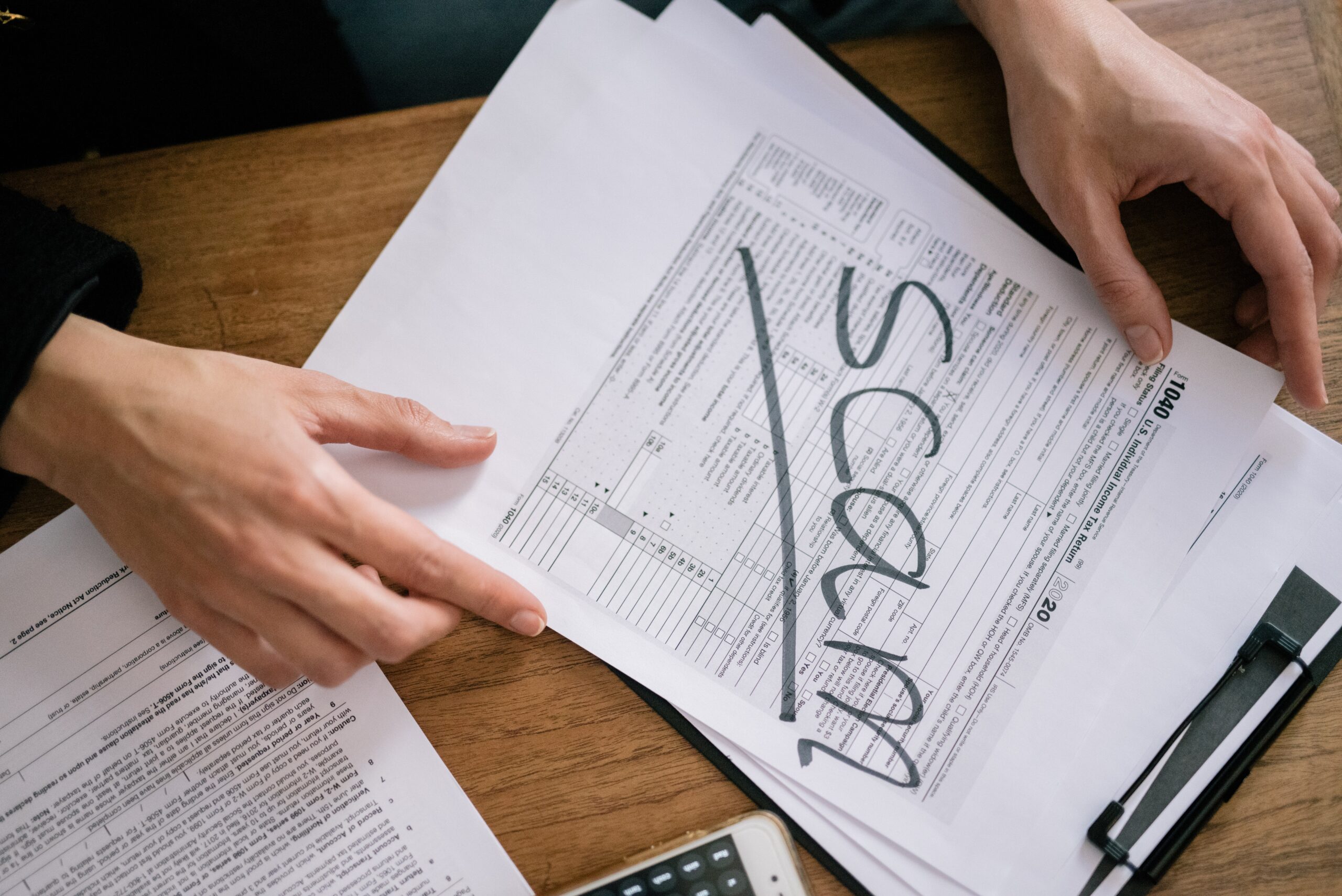Identifying and Reporting SSA Scam Calls
Social Security Disability Insurance (SSDI) provides financial support to people with disabilities. Unfortunately, to get money or personal information, scammers often target vulnerable people by pretending to be the Social Security Administration (SSA) or another government agency. These scams can take the form of phone calls, as well as emails, texts, and social media messages. We will explain how to recognize and report SSA scam calls to protect yourself and others from falling victim to these schemes.
Recognizing Social Security-Related Scams
Scammers attempt to gain your trust and convince you to share personal information or send them money. A scammer may pose as an SSA representative, using the name of an actual employee and even sharing photos or documents to appear more legitimate.
Scammers might send you official-looking documents through the U.S. mail or as attachments to emails, texts, or social media messages. They might even show you a photo of a federal employee credential or a law enforcement badge. But real government employee would never demand payment using photographs of these credentials.
Still, there are several ways you can identify a scam:
Indicating a problem or prize: Fraudsters may suggest there is an issue with your Social Security benefits or they might offer a prize or financial reward to get you to act. If the scammer leaves a message, it might not explain what the “problem” is but ask you to call them back.
Urgency and pressure: Scammers may create a sense of urgency. They might pressure you to act right away, without giving you time to think or check to see if the problem is real.
Demanding specific payment methods: Be cautious if the caller insists you send them gift cards, prepaid debit cards, wire transfers, cryptocurrency, or even cash. Legitimate organizations rarely request payment in these forms.
Threatening arrest or legal action: A scammer may intimidate you by threatening arrest or other legal consequences if you refuse to pay money right away.
Staying Aware and Avoiding Scams
A scammer often claims to be from a trusted agency or organization, such as the SSA or the Office of the Inspector General (OIG). He or she may use the names of actual SSA or OIG employees and even use official government phone numbers or local police department numbers. Fraudsters are always changing their approach, so it is important to stay informed about the latest scams and tactics.
Keep an eye on the news and pay attention to warnings about new scams. If you receive a suspicious call, email, text, or message, remember to remain calm and hang up the phone or ignore the message. Do not click any links or provide personal information. Protect your finances and personal information by not sharing sensitive details with unknown callers. Tell other people in your community about potential scams to prevent them from becoming victims.
Reporting Social Security Scams
Reporting scam calls is crucial for preventing further crimes. You can help law enforcement by reporting suspicious activity directly to the SSA . There are two other big things you can do when reporting a potential scam.
First, report the scam to the OIG. This will allow them to identify trends and take appropriate actions. The OIG independently oversees the SSA’s programs and operations. The inspector general often conducts audits, evaluations, and investigations.
Then, inform the three major credit bureaus—Equifax, Experian, and TransUnion—so they can add a fraud alert to your credit report. Doing this as a precaution helps protect you from potential identity theft.
Stay Informed and Report Any Potential SSA Scam Call
By staying informed, recognizing the signs of scams, and reporting fraudulent activities quickly, you can protect yourself and others from falling victim to SSA scam calls. If you believe you are the victim of an SSA scam, our experienced SSDI lawyers at Jan Dils, Attorneys at Law can help. Please call us for a free consultation if you are concerned about any suspicious interaction.
 Free Case Consultation
Free Case Consultation  Free Case Consultation
Free Case Consultation 

